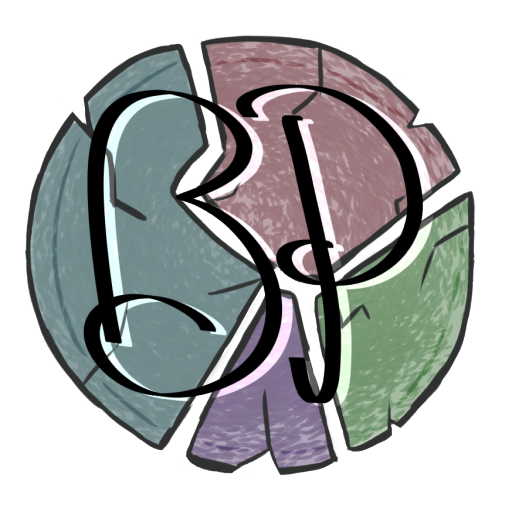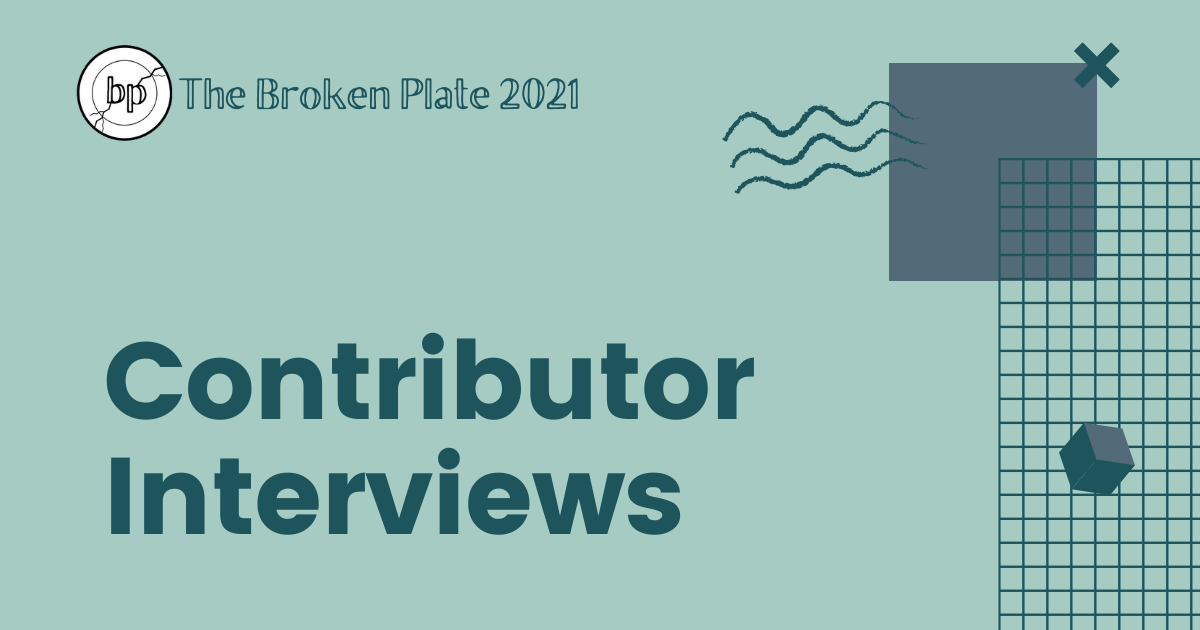Emily Turner is a senior at Ball State University, majoring in English studies and minoring in creative as well as professional writing. From a young age, Emily has used reading and writing to express herself. Through her writing, she hopes to deliver her personal truths to her readers.
The following is an interview with Emily on her creative nonfiction piece, “All That Glitters,” that was published in the 2021 issue of The Broken Plate.
What was the moment like when you first related your journey with body image and self-love to the quartz you had bought?
Writing can be odd at times: you really have to be creative and tease out your images and metaphors. It’s not like when I bought that quartz necklace, I saw it and thought “this necklace represents my struggles with body positivity!” The prompt for this essay was to write about an item (so, the quartz necklace) in relation to both your past and present self. At the time, I was really struggling with body image, but I kept buying items that made me feel beautiful, as I discussed in “All That Glitters.” I can’t quite remember the exact moment that I related the necklace to body image and self-love, but body positivity is something I write about frequently, so looking back on it, I’m not surprised I chose to relate the necklace to my struggles with my own body.
How has being on a college campus affected your writing? Is it harder with classes or have they encouraged you to write more? Is it harder to write more personal pieces or is the college community a supportive one that has helped you be more vulnerable in your writing?
“All That Glitters” was actually written for a class here at Ball State. So, really, I have to thank my time at university for pushing and promoting me to write. The class was Advanced Creative Nonfiction with Professor Jill Christman, so I will also credit her for not only giving me this prompt but for also being such a supportive and incredibly talented professor.
I have found that the Ball State English Department is a very loving group. While it can be hard to share about personal topics such as weight and body image, the professors and students here curate a safe space to share our writing. Still, it can be difficult, especially since I am often insecure about my body image, but the workshops have helped me flourish as a writer and, yes, become more vulnerable in my work. I also strive to tell my personal truths through my writing and being on a college campus has helped me do just that.
How has your experience changed with The Broken Plate, from being an editor to an author? Did it make it easier to submit knowing how the process worked and what we were looking for or did that make it harder?
Being both an editor and author for The Broken Plate has been such amazing experiences. I would recommend anybody who wants to go into the editing or publishing field to take The Broken Plate class because you learn so much about the industry and you gain serious, professional experience as well. I was a creative nonfiction editor for the 2020 issue of The Broken Plate, and I learned so much about what it means to be on the editorial team for a literary magazine.
Now, for being an author, I’ve wanted to be accepted into The Broken Plate when I first learned about the magazine as an upcoming freshman at Ball State. I submitted multiple times and was rejected multiple times (but such is the life of a writer) before being accepted this year. It’s an understatement to say that I was over the moon when I received the email that told me my piece was accepted, and it has been such an honor to be published in my university’s very own literary magazine. Knowing how the reading and rating process worked when submitting this year was interesting to say the least. When I was accepted, I was ecstatic, but then I got to thinking, “was I an abnormal ‘5’ or a lucky ‘3?’” in terms of the rating process. Of course, that doesn’t matter in the long run, but you tend to think about those things after you’ve been on both the editing and publishing sides of the literary field.

